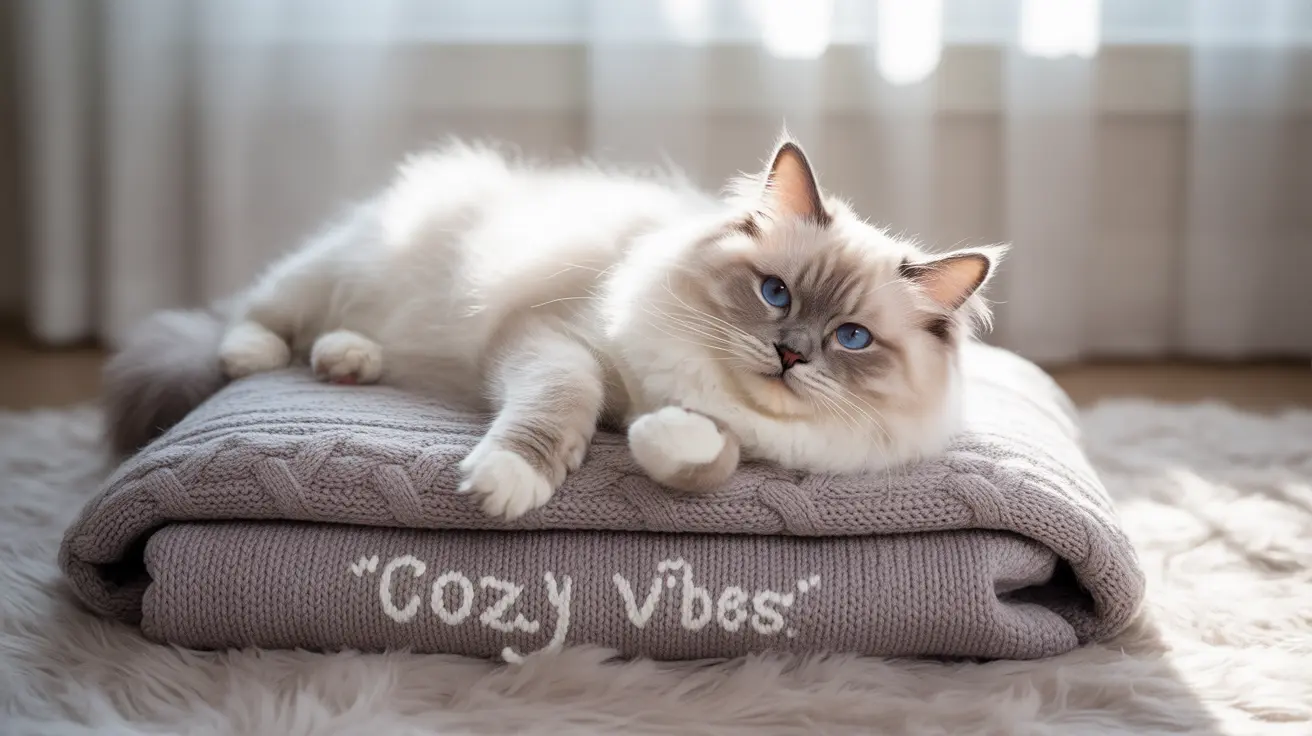If you've ever discovered cat urine on your favorite sweater or bed, you might have wondered, "Do cats pee out of spite?" The answer, according to veterinarians and animal behavior experts, is a definitive no. Cats don't possess the emotional complexity to use urination as a form of revenge or punishment.
Understanding why cats urinate outside their litter box requires looking at the real underlying causes - from medical conditions to environmental stressors. Let's explore the true reasons behind this common feline behavior issue and learn how to address it effectively.
Medical Causes of Inappropriate Urination
Before assuming any behavioral causes, it's crucial to rule out medical issues. Several health conditions can cause cats to urinate outside their litter box:
Urinary Tract Problems
Urinary tract infections (UTIs), bladder stones, and feline idiopathic cystitis can make urination painful. Cats may associate this pain with their litter box and seek alternative places to urinate.
Age-Related Conditions
Senior cats often develop conditions like kidney disease, which affects about 30% of older cats, or diabetes. These conditions increase urination frequency and can lead to accidents outside the box.
Physical Limitations
Arthritis or obesity can make it difficult for cats to enter or position themselves in the litter box, leading them to seek easier alternatives.
Behavioral and Environmental Triggers
Stress and Anxiety
Major life changes such as moving homes, new family members, or schedule disruptions can trigger stress-related urination issues. Cats may seek out familiar scents (like your clothing) for comfort when feeling anxious.
Territory and Marking
In multi-cat households, territorial stress can lead to inappropriate urination. Cats may mark areas to establish boundaries or respond to the presence of outdoor cats they spot through windows.
Litter Box Issues
Problems with the litter box itself often trigger inappropriate urination:
- Dirty or infrequently cleaned boxes
- Undesirable litter type or texture
- Poor box location or accessibility
- Insufficient number of boxes (aim for one per cat plus one extra)
Solutions and Prevention Strategies
Medical Assessment
Schedule a veterinary check-up at the first sign of inappropriate urination. Early intervention can prevent the development of long-term behavioral issues.
Environmental Modifications
Create a stress-free environment by:
- Providing multiple, easily accessible litter boxes
- Maintaining a consistent daily routine
- Installing cat pheromone diffusers
- Creating vertical spaces and hiding spots
- Keeping litter boxes clean and well-maintained
Behavioral Support
Help your cat feel secure by:
- Avoiding punishment for accidents
- Using positive reinforcement
- Providing environmental enrichment
- Maintaining consistent feeding schedules
Frequently Asked Questions
Do cats pee outside the litter box out of spite or revenge?
No, cats do not urinate outside the litter box out of spite. This behavior is always linked to medical issues, stress, anxiety, or environmental factors - never revenge or spite.
What medical conditions can cause a cat to urinate outside the litter box?
Common medical causes include urinary tract infections, bladder stones, kidney disease, diabetes, arthritis, and hyperthyroidism. Any change in urination habits should be evaluated by a veterinarian.
How does stress or anxiety lead to inappropriate urination in cats?
Stress and anxiety can cause cats to seek comfort in familiar scents or mark territory when feeling threatened. Major changes, new pets, or disruptions to routine can trigger this behavior.
What are the best ways to prevent my cat from peeing outside the litter box?
Maintain clean litter boxes, provide multiple boxes in quiet locations, reduce household stress, and address medical issues promptly. Ensure boxes are easily accessible and use litter your cat prefers.
How can I tell if my cat's litter box avoidance is caused by behavioral issues or health problems?
Schedule a veterinary exam to rule out medical causes first. If health issues are excluded, look for environmental stressors, litter box problems, or changes in routine that might be affecting your cat's behavior.
Remember, inappropriate urination is your cat's way of communicating that something isn't right. By understanding the true causes and responding with compassion and appropriate interventions, you can help resolve the issue and restore harmony in your household.






